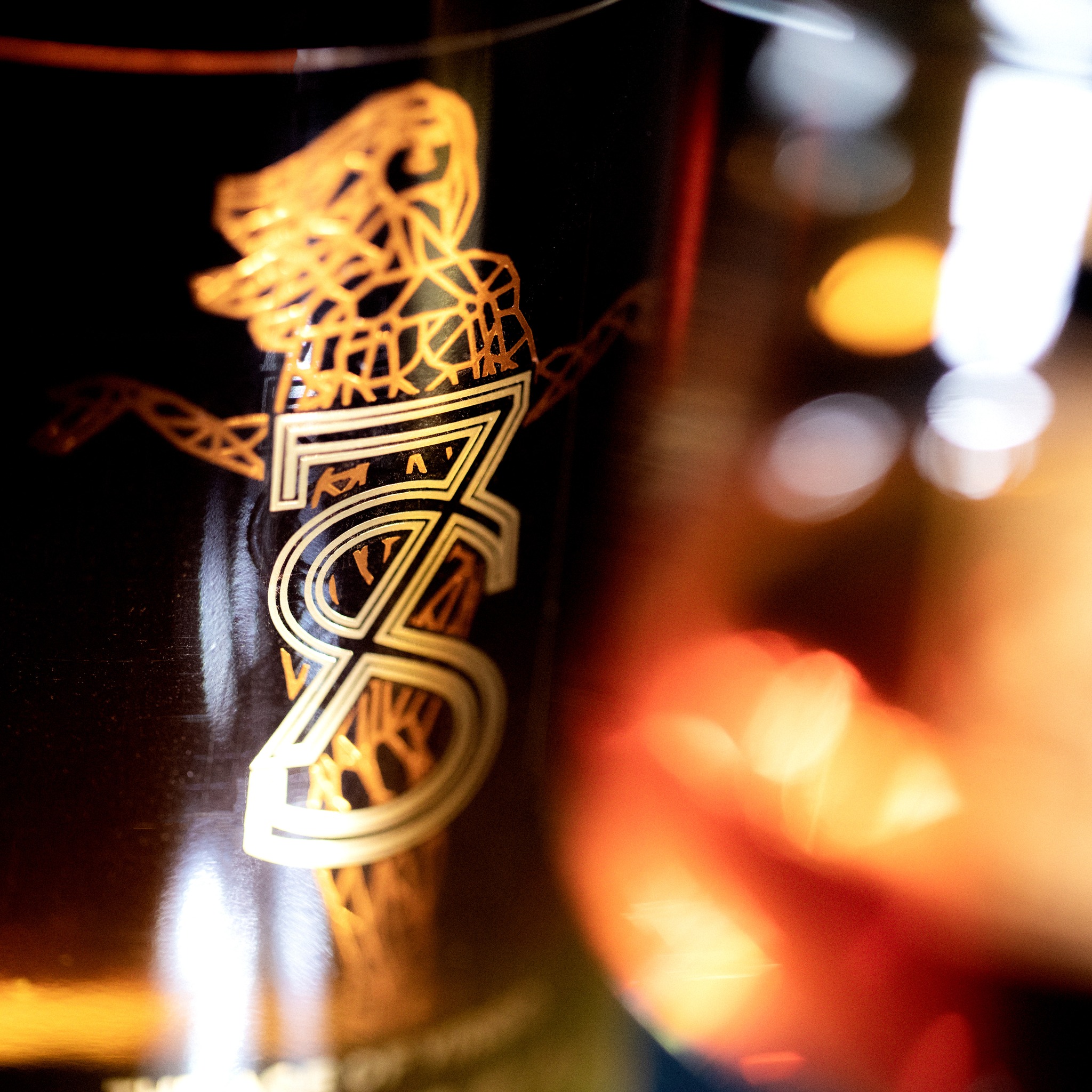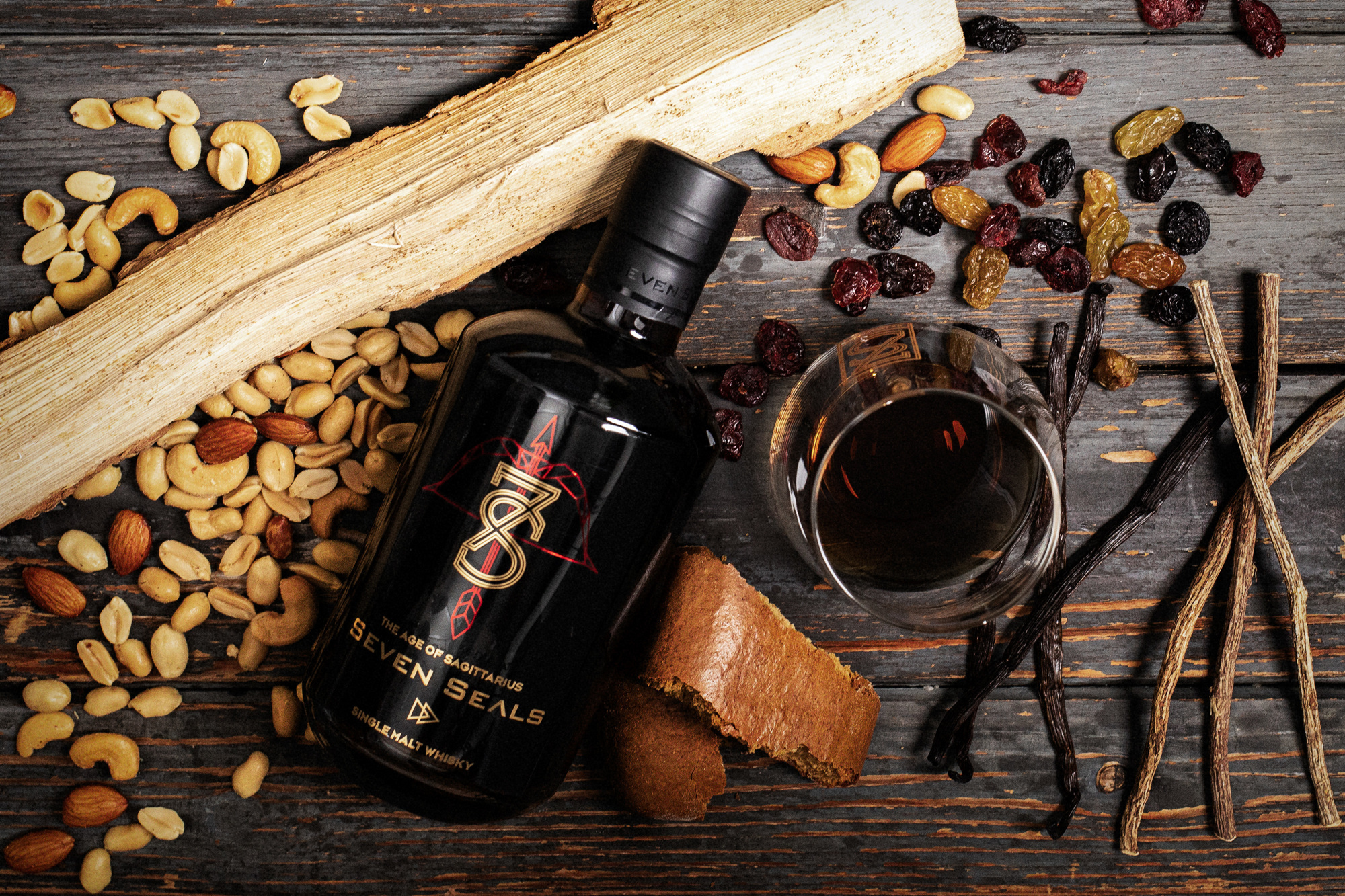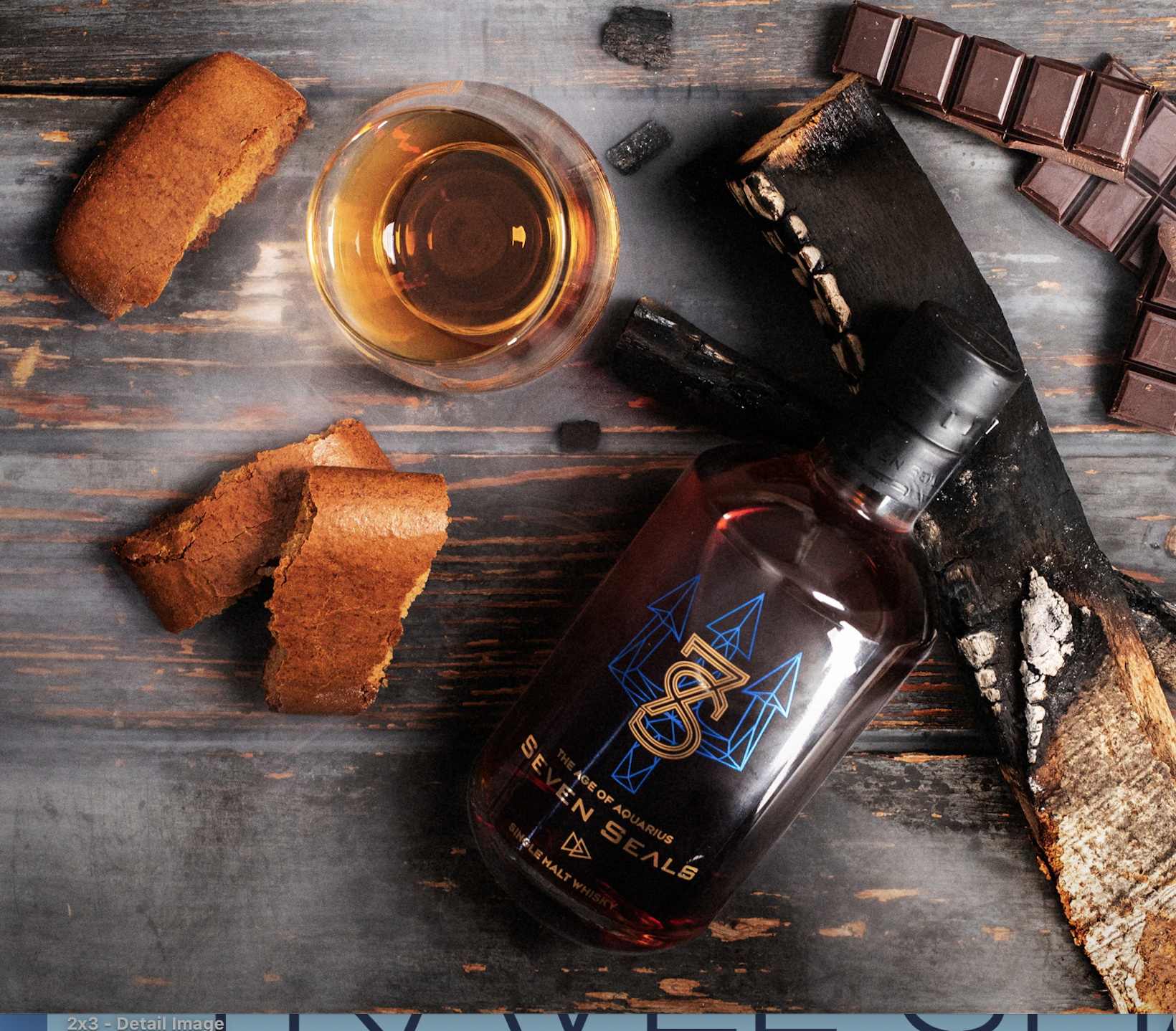Some thoughts on tradition vs. the future
Whiskey Network this month is taking a deep-dive look at Seven Seals Whisky. Here’s my take on the Swiss distillers and some of the cutting-edge things they’re doing with spirits.
People in the whiskey industry, and bourbon makers especially, talk a great deal about the value of tradition. Tradition in the work they do and in the product they make. Distillers often do things the same way from generation to generation, because it worked then and it works now. Cue the Fiddler on the (Rick House) Roof.
At the same time, whiskey makers like to throw around the word innovation. One definition that Google offered me: “Innovation is the process of bringing about new ideas, methods, products, services, or solutions that have a significant positive impact and value.”
Can the two concepts exist in harmony?
I climb into my bourbon bully pulpit this month to preach this sermon: I believe that while tradition is the (often limestone) bedrock that whiskey makers and drinkers rely on, the future of this endeavor will not succeed without visionaries who are searching for new and exciting ways to create the water of life.
In a word, innovators.
A case in point is our friends at Seven Seals Whisky, the team in Switzerland that is making some of the most interesting single malt whisky, rye whiskey, and rum on the spirits scene right now.
All this month in Whiskey Network Magazine you’ll be reading and learning about some of the innovative (and tasty) products the Seven Seals folks are creating. In fact, the idea means so much to them, they put it in their name: Seven Seals Innovation AG. (AG is short for a long Swiss word that translates to Ltd. in English.)
Now, rules (and laws) are indeed rules (and laws). The United States government laid out the legal definition of bourbon when I was six years old, almost six decades ago. I believe we should stick with it, at least until we run out of oak trees.
But the variety of what can be called whiskey (or whisky) varies as much as the accents of the men and women tending the stills, cookers, and barrel warehouses around the world. There is great strength in not every bottle on the shelf tasting the same when you get it home.
I know what you’re thinking: Switzerland wasn’t on the Official List of Places Around the World Where Great Whisk(e)y is Made. Sure, they’re a neutral country and whiskey drinkers, as a rule, don’t like neutral things, especially neutral spirits. But I’m betting Switzerland will eventually join NATO. Even if they don’t, I say we give Switzerland the benefit of the doubt here, at least when it comes to whisky diplomacy.

Is Fast Forward Finishing the Future?
Seven Seals founder Dr. Dolf Stockhausen and his team have developed an innovative maturation process that saves time, energy, and resources. All while decreasing loss (sorry, angels). And here’s the good news about the Stockhausen Method: it doesn’t seem to affect important things like color, aroma, and flavor. In fact, Seven Seals uses adjectives like improved and refined when describing the final product.
What whiskey witchcraft, nay heresy, is this? Think this is all more “shortcut than innovation” that will only lead to bad things happening to the world of whiskey as we know it?
What about the other instances of innovation going on at whiskey distilleries right now? Vertical barrel aging? Finishing whiskies with exotic woods? Using two and even three barrels? Blending whiskies to make a better tasting final product? Tradition isn’t going away, but innovation is key to the continuing success of whiskey makers all over the world.
If you’ve been on any number of distillery tours and experiences in Kentucky bourbon country, you’ve probably heard the expression, “There’s no substitute for time in the barrel.”
Volker Huber, President and CEO with Seven Seals Whiskey, counters with, “Time doesn’t matter, taste does.”
I’ll leave it to smarter people than me to fill you in on the technical details of how this Fast Forward Finishing process works. (I was an English major, and didn’t spend any time in the chemistry labs.) Whiskey Network Staff Writer Daniel Rundquist takes a peek behind the Seven Seals curtain in this fine story.
But it’s just a peek. Dr. Stockhausen is, without a doubt, a brilliant man. Read a conversation Whiskey Network Editor-in-Chief Mark Pruett had with the good doctor here.
Interesting stuff, but still a bit cagey. The Seven Seals website explains things this way: “Seven Seals is like the book with seven seals from the Bible, a great mystery. Only a small number of people know exactly how the process of finishing whisky takes place. And it works!”
As that great 20th century philosopher Frank Zappa said,
“A mind is like a parachute. It doesn’t work if it is not open.”

Don’t believe me, or quite a few of the Whiskey Network Staff members, who think Seven Seals whisky deserves some space on your shelf? How ‘bout this: Seven Seals expressions have been racking up awards at some of the best spirits competitions around the world.
Or better still? Pick up a bottle of Seven Seals. (I’m partial to the Port Wood Finish in the Classic Line of Single Malt Whiskies.)
Head out to your favorite spirits store today and ask for directions to their Swiss whisky section. Or sit back and learn a bit more before you go shopping. Articles are coming your way in the weeks ahead exploring Seven Seals expressions as they mix and mingle with cocktails, cuisine, cigars, and on their own, simply neat in a glass.
If you’re new to some of the greatest libations coming out of Switzerland since hot chocolate, I’m guessing your first bottle of Seven Seals won’t be your last.
Proscht!
(Or Cheers! if you don’t speak Swiss)

"Our Fast Forward Finishing process makes the whiskies more delicate, refined, and flavorful. It is essential for us not to replace the traditional maturing process, but to have developed a proprietary finishing process which allows us to produce scalable, aroma rich whisky in weeks instead of years. We use the same basic materials and parameters as in traditional maturation and merely apply the laws of diffusion from physics more consistently."
From the Seven Seals Whisky Website





